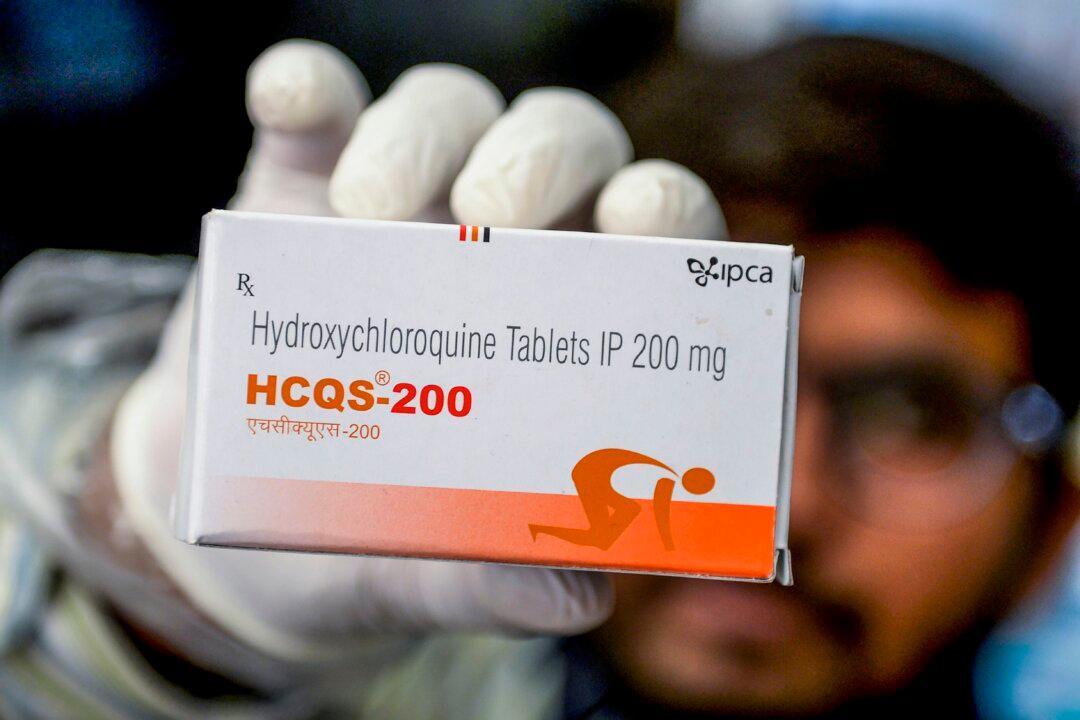A day after President Donald Trump admitted to taking a regimen of hydroxychloroquine and zinc to lower his COVID-19 risk, the Food and Drug Administration (FDA) appeared to soften its stance on widespread use of the anti-malarial drug, saying the decision should be made by a patient and their doctor.
“The decision to take any drug is ultimately a decision between a patient and their doctor,” FDA Commissioner Stephen Hahn told The Hill in a statement on Tuesday. “Hydroxychloroquine and chloroquine are already FDA-approved for treating malaria, lupus, and rheumatoid arthritis.”





